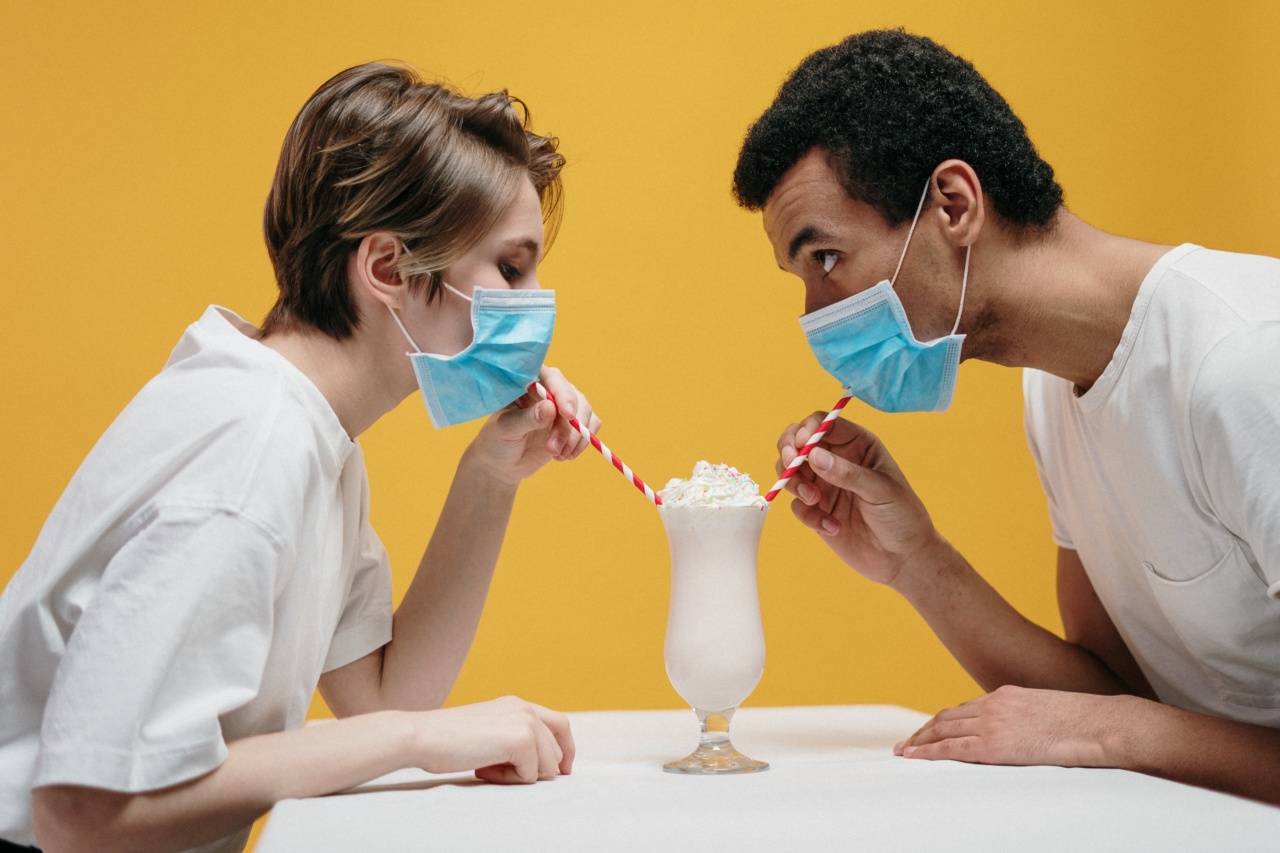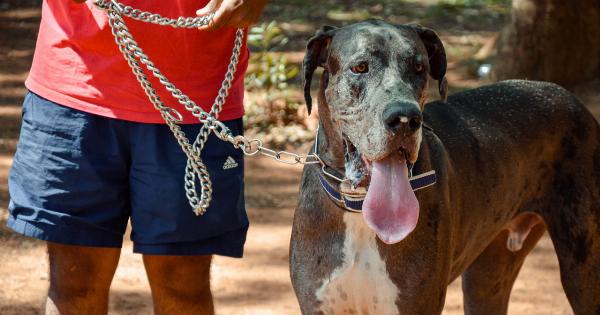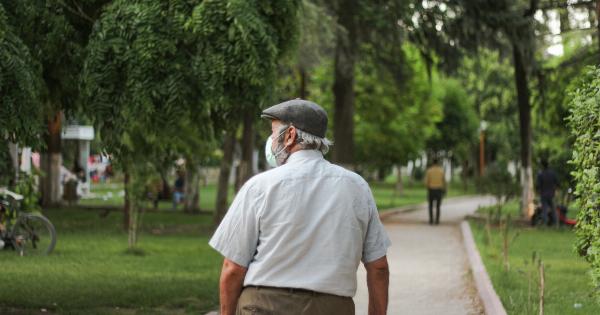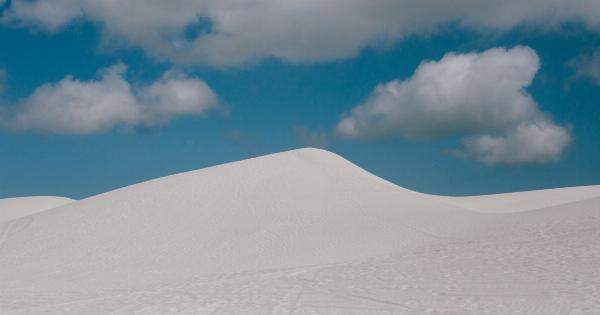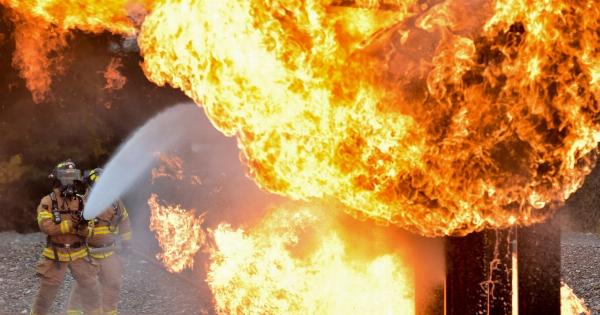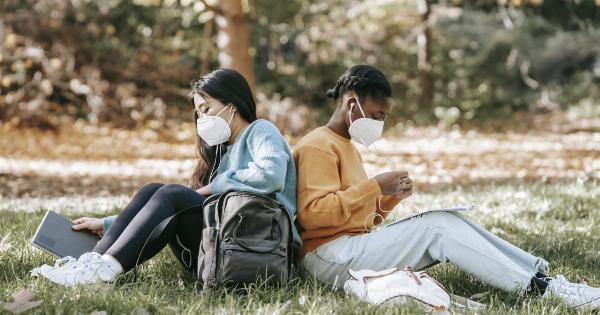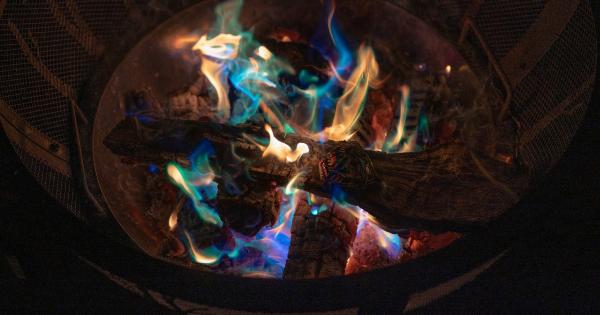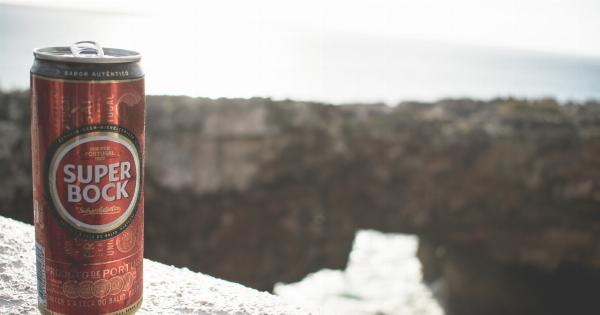Summer is a joyous season for most of us. It’s the time to enjoy the sunshine, hit the beaches, go on vacations, and have fun. However, this season can also bring the wrath of extreme heat and humidity that can pose a danger to our health.
People who are exposed to high temperatures for long periods are at risk of heat exhaustion, heatstroke, dehydration, and other heat-related illnesses. Drinking plenty of fluids is important, but it’s not enough to beat the heat and stay safe.
In this article, we discuss some tips to help you stay cool and safe during hot weather.
1. Plan Your Outdoor Activities Wisely
When the sun is at its peak, it’s best to stay indoors with air conditioning on, if possible. But if you must go out, try to schedule your outdoor activities during the cooler parts of the day, such as early morning or late evening.
If you have to be out during the day, take frequent breaks in the shade or indoors, especially if you are engaging in physical activities.
2. Dress Appropriately
Dressing in loose-fitting, lightweight, light-colored clothing can help you stay cooler. Dark colors tend to absorb more heat, making you feel even hotter.
Also, wear a hat or use an umbrella to protect yourself from direct sunlight and use sunscreen with a high SPF to avoid sunburns.
3. Stay Hydrated
Drinking plenty of fluids is essential to maintain your body’s fluid balance during hot weather. Water is the best option, but you can also drink fruit juices, coconut water, or sports drinks to replenish electrolytes lost through sweat.
Avoid beverages with caffeine or alcohol, as they can dehydrate you.
4. Eat Light Meals
Eating heavy, fatty, or spicy meals can make you feel sluggish and uncomfortable in hot weather.
Instead, opt for lighter, refreshing meals, such as salads, smoothies, or fruits that are high in water content, such as watermelon, cucumber, or cantaloupe.
5. Use Fans and Air Conditioning
If you have air conditioning, use it to keep your home cool. You can also use fans to circulate the air and create a breeze.
If you don’t have air conditioning, try to visit public places that are air-conditioned, such as libraries, malls, or movie theaters, or use a cooling center if available in your area.
6. Take Cool Showers or Baths
A cool shower or bath can help lower your body temperature and make you feel refreshed. You can also use a damp towel or washcloth to cool your skin, especially your face, neck, and arms.
7. Avoid Strenuous Activities
Exercise and other strenuous activities increase your heart rate and body temperature, making you more susceptible to heat exhaustion or heatstroke. It’s best to avoid such activities during hot weather.
If you need to exercise, do it during the cooler parts of the day, wear lightweight clothing, and drink plenty of fluids.
8. Keep Your Environment Cool
Use shades or blinds to block sunlight from heating up your home. Also, keep your home well-ventilated by opening windows and using fans or air conditioning when necessary.
If you live in an area with high humidity, you can use a dehumidifier to reduce moisture levels in your home.
9. Check on Others
During hot weather, check on your family, friends, and neighbors, especially those who are elderly, have chronic illnesses, or are not able to take care of themselves.
Encourage them to stay hydrated, and help them take necessary precautions to prevent heat-related illnesses.
10. Know the Signs of Heat-Related Illnesses
It’s crucial to know the signs of heat-related illnesses, such as heat exhaustion or heatstroke, and how to respond to them. Symptoms of heat exhaustion include heavy sweating, weakness, dizziness, headaches, nausea, and muscle cramps.
If not treated, it can progress to heatstroke, which can be life-threatening. Symptoms of heatstroke include a high body temperature, confusion, rapid heartbeat, and dry, red skin. If you or someone you know is experiencing such symptoms, seek medical attention immediately.
Conclusion
Staying safe during hot weather requires more than just drinking fluids. By following the above tips, you can beat the heat and protect yourself from potential health risks.
Remember to plan your activities wisely, dress appropriately, stay hydrated, eat light meals, use fans and air conditioning, take cool showers, avoid strenuous activities, keep your environment cool, check on others, and know the signs of heat-related illnesses. Stay cool and stay safe!.
